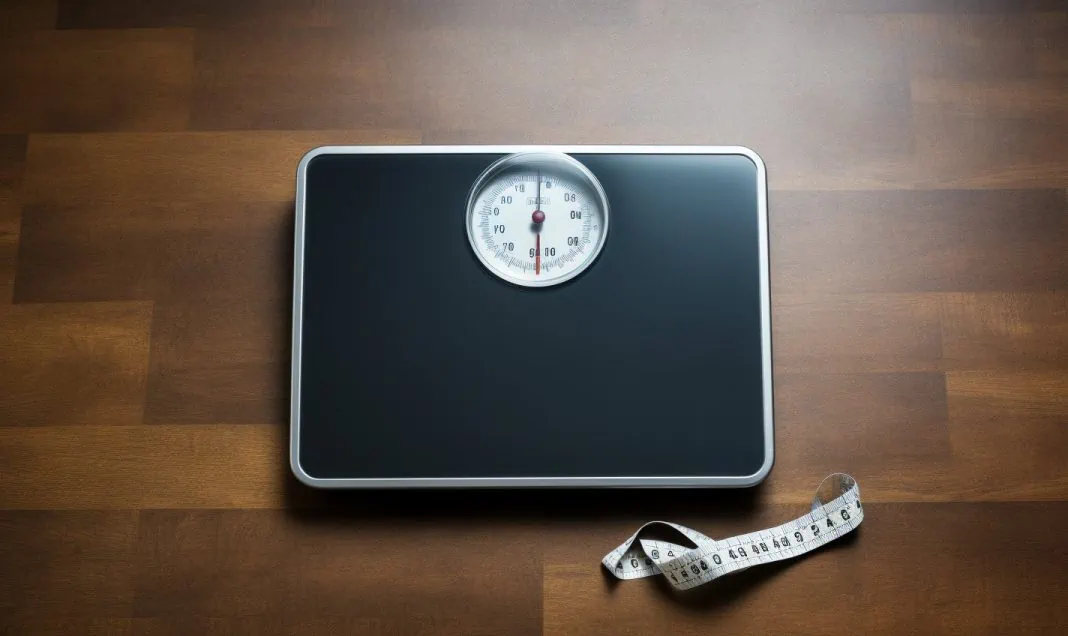We’re always trying to find something new we can do to boost our metabolism without taking into account the factors that slow it down. Very often, we are the ones that cause all these problems, and they can be corrected as long as we’re aware of them.
Sedentary lifestyle
It’s really hard to stay active, especially when you have a desk job, and you need to use the car a lot. When do we have the time to use our own feet after 8 or more hours of working plus the trip to and from the office?

A group of researchers studied how a sedentary lifestyle affects our metabolic flexibility, in other words, our body’s ability to change its main energy source from carbohydrates to fat. An active individual with a healthy metabolism primarily uses fat while resting and exercising. Low metabolic flexibility causes insulin resistance (the body cannot properly use insulin), lowered ability to use stored fat, using carbs and sugars as primary fuel sources, lower muscle mass, and higher fat mass. This is why people are using some kind of fasting throughout the day to keep insulin at bay.
Insulin resistance precedes type 2 diabetes, so not being active increases the risk of developing this condition. Being overweight is another risk factor, but surprisingly, researchers found that when a physically inactive person is on a low-calorie diet, it still causes insulin resistance. Because of insulin resistance, the body cannot properly burn stored fat and starts using muscle. So, any weight loss achieved through dieting without exercise is mostly from muscle mass, not fat.
For this reason (and many others), we need to find not just time for 1 hour of workout, that’s just 1 hour and the day has 24. Get up from your desk occasionally, walk to the grocery store or play in the yard with your children. Don’t just rush home from work and get stuck in front of the TV.

Eating at irregular hours
It’s not just what you eat; it’s also when you eat. In 2012, researchers at the Hebrew University wanted to see how the eating schedule affects metabolism. They used 4 groups of mice for this 18-week study: group 1 was fed a high-fat diet on a fixed schedule, group 2 ate a low-fat diet on a fixed schedule, group 3 ate an unscheduled low-fat diet, and group 4 ate an unscheduled high-fat diet.
The results: all groups gained weight throughout the study, but group 1 (high-fat diet on a schedule) had a lower body weight than group 4 (unscheduled high-fat diet). An unexpected result was that group 1 also had a lower body weight than group 3 (unscheduled low-fat diet) although the total number of calories they ate was the same. Apparently, group 1 reached a metabolic state where they used the fat they ate as the main energy fuel between meals instead of storing it.

Not getting enough sleep
Sleep researchers at The University of Colorado designed a study to see what effect sleep deprivation has on metabolism and eating habits. For the 2-week study they used 16 healthy men and women who were kept under strict supervision, tracking their metabolism, food intake, and sleep schedules.
The subjects were divided into two groups, and for the first week, the first group was allowed to sleep 9 hours a night, and the second one had to stay up until midnight and get only 5 hours of sleep, while both groups had unlimited access to food.
For the second week, they switched groups, allowing group 2 to get 9 hours of sleep while group 1 was restricted to 5 hours of sleep. During the week of sleep deprivation, subjects burned an extra 111 calories daily, meaning that not sleeping enough increased their metabolism. However, they ate more than the 9-hour sleepers and gained about two pounds during the first week.
During the second week, group 1 (which initially slept 9 hours a day) also gained weight, and group 2 began to lose weight while they were allowed to sleep for 9 hours. The researchers also found that sleep deprivation changed the subjects’ eating schedules and food choices.
When sleep-deprived, the subjects chose to eat more carbs, have less breakfast, and eat more food after dinner. In fact, most of their daily calorie intake was from post-dinner snacking!
Sure, the results might not be so dramatic in real life, but it can be worse as real-life sleep deprivation can go for long periods, not just 2 weeks like the study.
